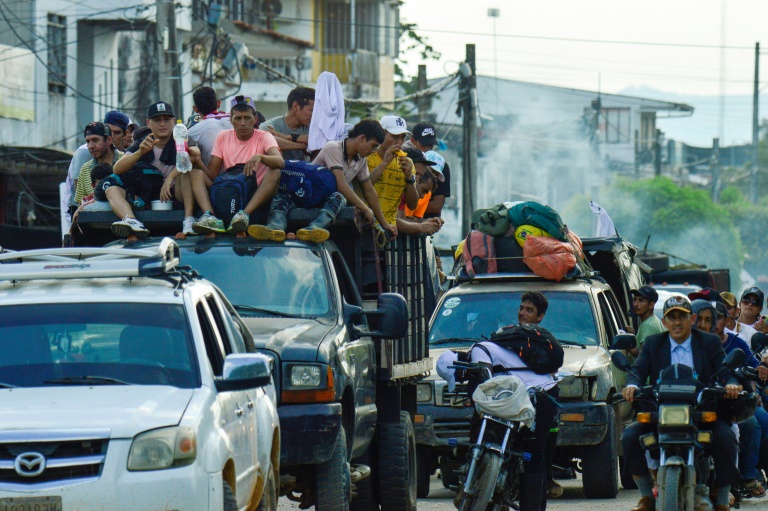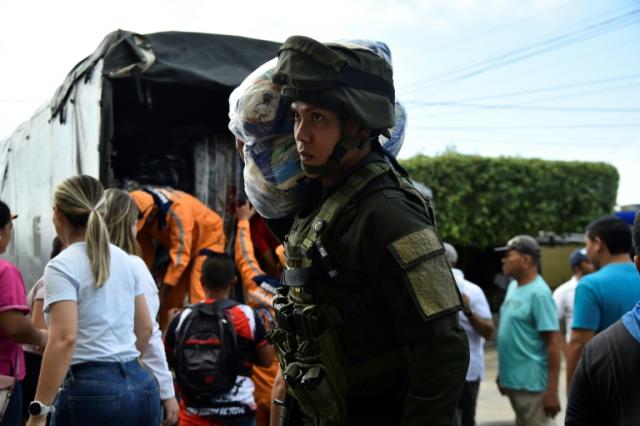A fresh surge of guerrilla violence in northern Colombia has claimed the lives of over 80 people in just three days, officials said on Sunday, highlighting the fragile state of peace in the conflict-ridden nation.
The National Liberation Army (ELN) launched an offensive last Thursday against a faction of ex-FARC fighters who continued armed resistance after the Revolutionary Armed Forces of Colombia (FARC) disarmed under a 2016 peace deal. The clashes occurred in the northeastern Catatumbo region, a notorious hub for cocaine production near the Venezuelan border.
Governor William Villamizar of Norte de Santander confirmed the grim toll, noting that civilians were caught in the crossfire. He described the humanitarian crisis as alarming, with about two dozen people injured and approximately 5,000 displaced. Temporary shelters have been established to house those fleeing the violence, but many remain stranded in precarious conditions.

The Colombian army has deployed over 5,000 soldiers to the region to restore order. However, this latest outbreak of violence underscores the failure of the 2016 peace agreement to end decades-long conflict fully. Rival armed groups, including FARC dissidents, the ELN, right-wing paramilitaries, and drug cartels, continue to battle over resources and trafficking routes in various regions.
In addition to the Catatumbo violence, the ELN recently clashed with the Gulf Clan, Colombia’s largest drug cartel, resulting in at least nine fatalities in another part of the country. These ongoing conflicts prompted President Gustavo Petro to suspend peace talks with the ELN, accusing the group of committing war crimes and lacking any genuine commitment to peace.
The ELN, with an estimated 5,800 combatants, remains one of the largest armed groups in Colombia. While it professes leftist and nationalist ideals, it is heavily involved in drug trafficking, making it a formidable force in organised crime. Previous negotiations with the ELN have repeatedly failed, with the latest collapse attributed to their continued violent attacks.
The Ombudsman’s Office warned of severe risks to civilians, including social leaders, peace signatories, and children, as the violence intensifies. Many residents, including families, have fled to the mountains for safety, while others crossed the border into Venezuela.
Venezuela’s government has launched an operation to assist Colombian refugees, many of whom have sought shelter in makeshift camps.
The escalating violence represents a major setback for President Petro’s ambitious total peace initiative, aimed at reconciling with armed groups and ending decades of internal strife. However, with tensions at a boiling point, Colombia faces significant challenges in achieving lasting peace.


